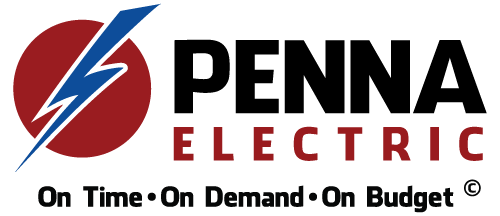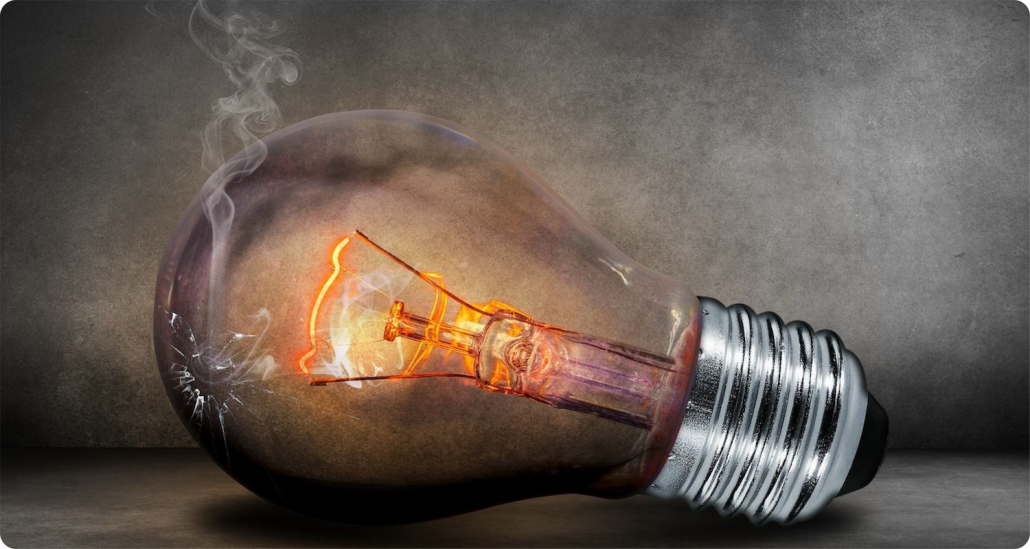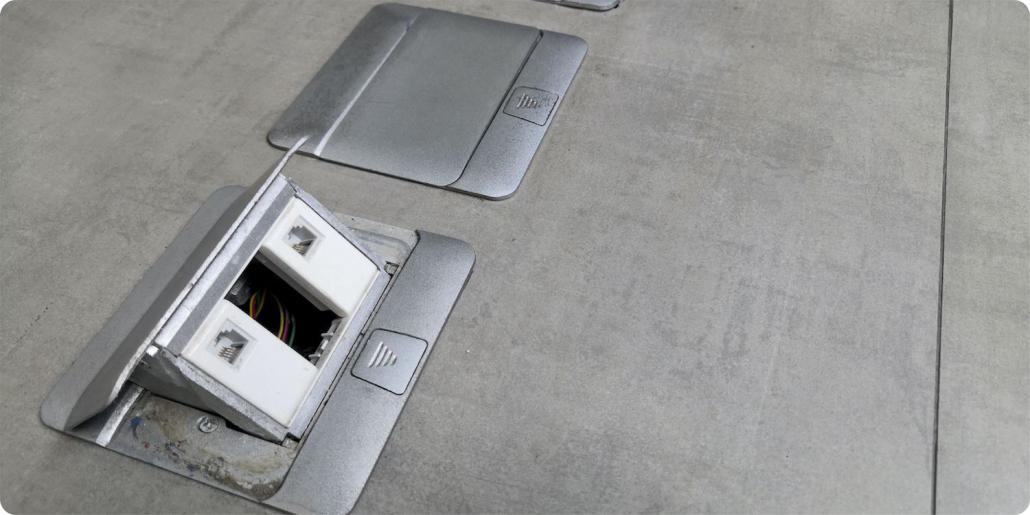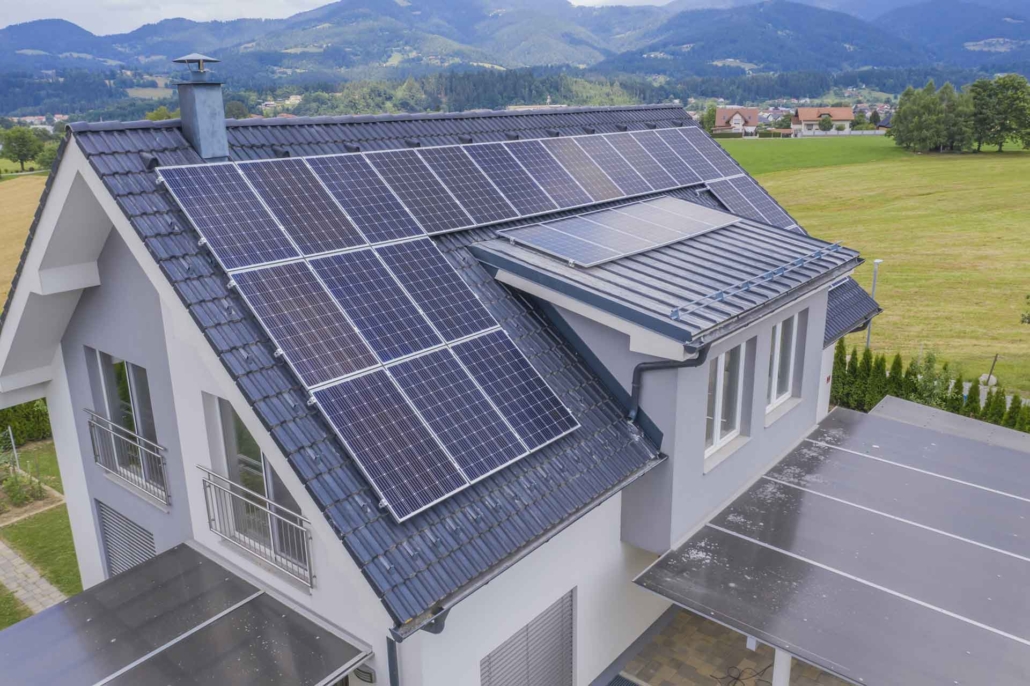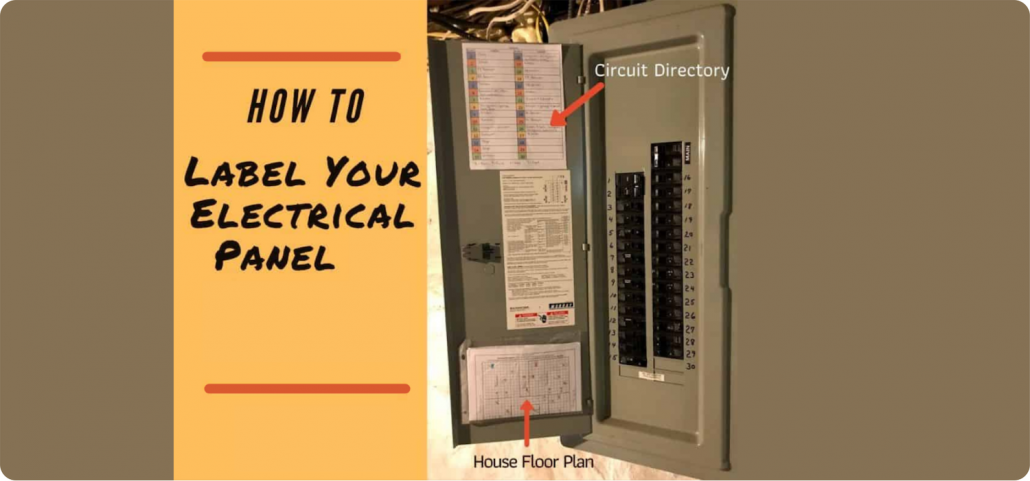January 22, 2021 | Cristina Dinulescu
We are using more electricity today than ever before, having all sorts of devices and appliances at our disposal. However, even though modern electrical grids are very good at supplying power in a safe and even manner, there are still plenty of ways your electronics can be seriously affected, like a power surge or outage. Although they both pose a danger to your home’s electrical system, a power outage and a surge are not the same, and it’s important to know the difference between them. This will help you know what to do in case of a power outage, as well as what steps to take if a surge occurs.
The differences between an outage and a power surge are important not solely based on the steps you take, but also in terms of how they affect appliances. Check out below the main distinctions between the two and how to to react to each.
Power Outage vs. Power Surge: Definitions
A power outage is the loss of power usually caused by a problem with either your power infrastructure or supply. The majority of power outages will be over as soon as they begin. However, some might last longer, up to days or weeks. Freezing rain, high winds, and sleet storms can damage power lines and equipment and cause outages. During a power outage, you could find yourself left without lighting, heating/air conditioning, hot water, even running water. Plus, if you do not own a crank or battery-powered radio, you might not be able to monitor the news.
A power surge, on the other hand, is different. It is a very fast, intense power spike in your home’s electrical current. Usually, a wall outlet supplies 120 volts AC power. Most home gadgets and appliances use around this much power, even though there may be level fluctuations between 0-169 volts.
When a surge enters your home’s electrical current, the voltage supplied spikes considerably above the safe limit. As you can imagine, home appliances aren’t built to tolerate that much power and that is why power surges can be dangerous and damaging.
Lighting is one of the causes people tend to associate the most with a power surge, but it’s only one of multiple possible causes. When lightning strikes close to a power line, its energy discharge can increase the line’s electrical pressure by millions of volts. That boost travels through the power line into your home and your appliances are instantly damaged.
It is true that lightning is one of the causes of power surges, but it is among the rarest. Surges are a bit more day-to-day. Power-hungry appliances like the refrigerator or the air conditioner need a lot of power to function. When these request power, a spike can appear. Even though these “switching surges” aren’t that severe as lightning ones, they can still cause damage. And, last but not least, your electric company could be responsible for a power surge, accidentally during maintenance or operation.
Power Outage vs. Power Surge: How Do They Affect You?
With most modern devices, a power outage can cause problems associated with power loss, which can lead to data loss. If you own an older computer, which is not as stable as a modern one, a sudden power loss can lead to data corruption or other performance issues. However, generally speaking, power outages will not cause hardware damage unless they are followed by a power surge.
In the case of power surges, things are a bit different, as they may have serious consequences. Surges can destroy plugged-in devices. The device can overheat, break down, or even ignite when too much electricity flows through it at once.
However, the power will escape, forming an arc of electricity with the device. This generates heat, causing the components of the appliance to melt or erode and in the end, a fire could occur.
Power Outage vs. Power Surge: What Can You Do?
A power outage is more likely to be announced, as opposed to a power surge. So, you have time to prepare for outages. Even though there isn’t a lot you can do in case of a power outage, you can do the following:
- Make sure to back-up your data: one of the immediate risks during a power outage is the loss of data. To prevent information from being lost in the event of a storage drive failure, you can use some form of backup system.
- Disconnect your equipment: if you notice that there is something contributing to an inconsistent power supply at either your home or office like power outages, electrical storms, or brown-outs, which keep on appearing, then a good idea would be to simply unplug computers or sensitive electronics.
- Contact your power company: if a power outage takes place at home or at the office which is in no way related to the payment of your electricity bill, make sure to call the utility company for your area. The power company maintains the poles, the lines and the meters which bring the electricity to your home.
When it comes to power surges, there are also steps you can take to protect your appliances and devices:
- Surge Protector: the simplest way you can protect your home against a power surge is by using a surge protector. These come in the form of power strips. They have one input to be plugged into the wall, and several outlets to plug other devices into. What separates a power strip from a surge protector is that protectors absorb excess energy that is running through them. When a surge takes place, the protector redirects the excess voltage to the grounding wire to neutralize it.
- Hard-Wired Surge Breakers: this type of whole house surge protector is wired in line and installed either next to the main panel or in your main electrical panel. These are more effective than the power strip kind, as they keep excess current from reaching the circuit.
- UPS Devices: UPS (short for uninterrupted power source) devices are perceived as a more complex solution for protecting sensitive electronics or computers against all levels of power surges, oscillation, interference, slumps, and other similar problems. There are several available options, depending on the demands of the application. Because of the high cost of UPS devices and their complex nature, they are used on a larger scale. However, they make one of the best options when used together with battery banks and generators for stabilizing voltage.
- Reach out to your electrician: In case you need help with any electrical problem caused by a surge, contact your electrician. Only an expert can adequately diagnose the problem and fix it.
The right electrical upgrade can dramatically improve the value and appearance of any home or business. You’ll be amazed at what a difference the right electrical upgrade can make for your home or business. Make sure that when you select an electrical company to do the enhancement of your home and you have decided to take your enhancement to the level where you require an electrical upgrade that the technician at the company has a good working knowledge and the experience to properly guide you in this area.
When you decide to upgrade, our well-trained and certified electricians have all the experience and training needed to complete your electrical panel upgrade project from start to finish, with a minimum of fuss or disturbance. Please contact us right away at 310-800-2401
